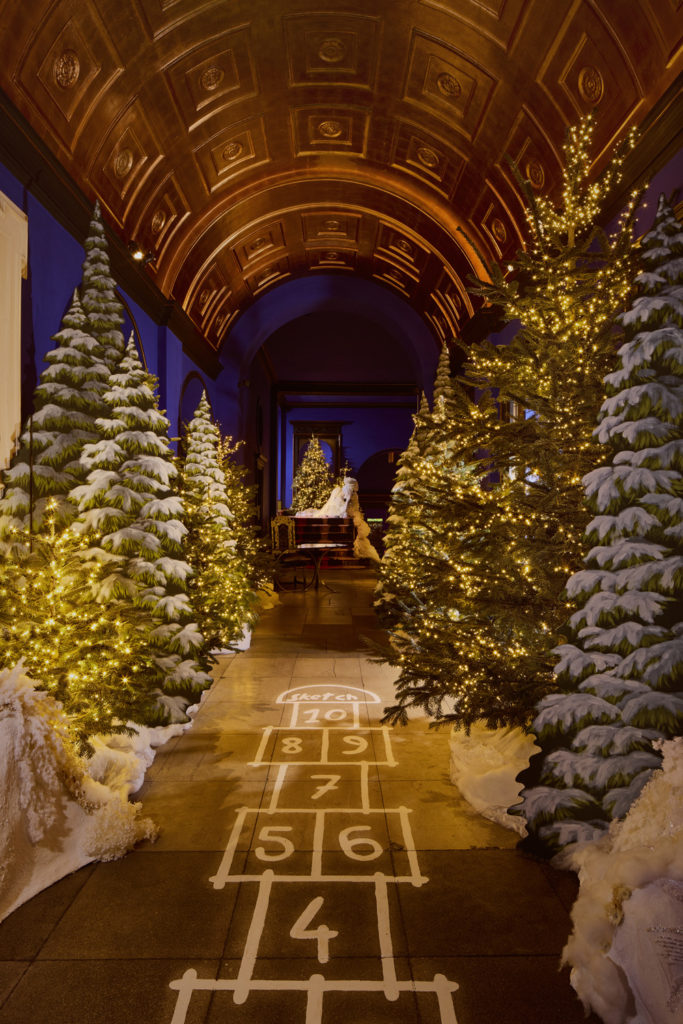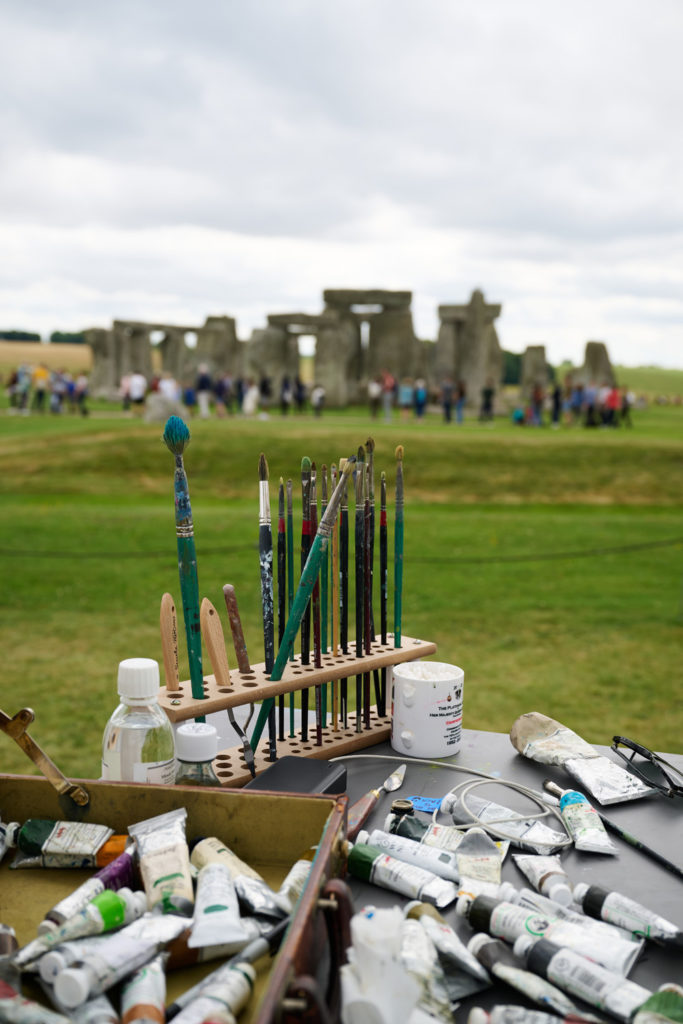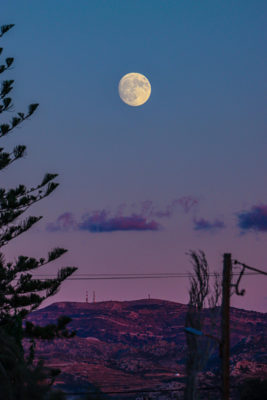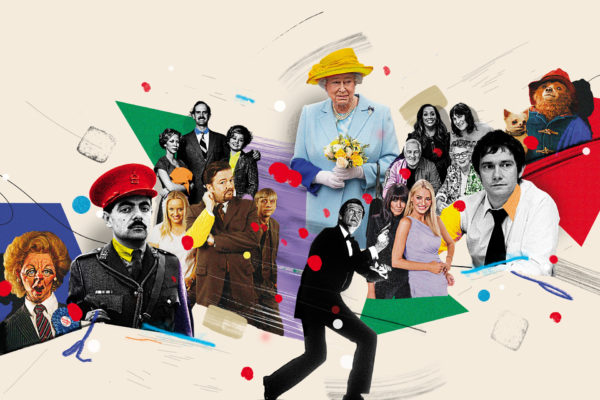
What Is Martin Luther King Jr. Day?
By
11 months ago
And who celebrates it?
Martin Luther King Jr. Day is just over the horizon, this year taking place on Monday 20 January. Here’s why the day is important – plus which countries celebrate it.
Why Do We Celebrate Martin Luther King Jr. Day?
Martin Luther King Jr. Day is an annual federal holiday in the United States, commemorating the birthday of civil rights activist Martin Luther King Jr. A chief spokesperson for nonviolent activism in the face of racial discrimination in American law and society, calls to honour King’s memory and impactful legacy on an annual basis came soon after his assassination in 1968, but it wasn’t until 1983 that then-president Ronald Reagan signed the holiday into law, and 20 January 1963 when it was first celebrated.
MLK Day is a federal holiday, meaning government institutions are closed, including schools and universities. Some businesses also choose to close, but employers are not obliged to give their employees the day off.

See page for author, Public domain, via Wikimedia Commons
Why Does The Date Change?
MLK Day commemorates the activist’s birthday: 15 January 1929. So why does the date we celebrate change each year? This is to ensure the federal holiday falls on a Monday. In 2025, Martin Luther King Jr. Day is Monday 20 January. Future dates include:
- 19 January 2026
- 18 January 2027
- 17 January 2028
- 15 January 2029
- 21 January 2030
MLK Celebrations Across The Globe
While MLK may have had his largest impact on the civil rights movement in the US, it’s not only the States that celebrates his legacy. Nearby, Toronto, Ottawa and Montreal in Canada observe Martin Luther King Jr. Day, though it is not a federal holiday. There, it is celebrated to honour King’s life, work and commitment to racial justice, as well as spread education regarding non-violent resistance and recognition of the contributions of Black Canadians to local culture.
Further overseas, since 1986, the Dr Luther King Tribute and Dinner has been held in Wassenaar in the Netherlands annually on the last Sunday in January to commemorate the civil rights figure, but perhaps the most intriguing commemoration is by the Japanese town of Hiroshima. This is because, as well as a civil rights activist, King was an anti-nuclear activist – and nowhere is this more pertinent than Hiroshima. The celebration came about under mayor Tadatoshi Akiba, who said in 2005: ‘In Japan, we traditionally celebrate the coming of age for our young people on January 15th, Martin Luther King, Jr.’s birthday. On that day, I always tell our young people about the civil rights movement in the United States, to impress upon them the importance of electoral politics and nonviolent social change.’
In a 1967 letter addressed to the People of Japan, King wrote: ‘Japan knows the horror of war and has suffered as no other nation under the cloud of nuclear disaster. Certainly Japan can stand strong for a world of peace.’ King hoped to visit Japan, but was tragically killed four months after penning this letter.






















